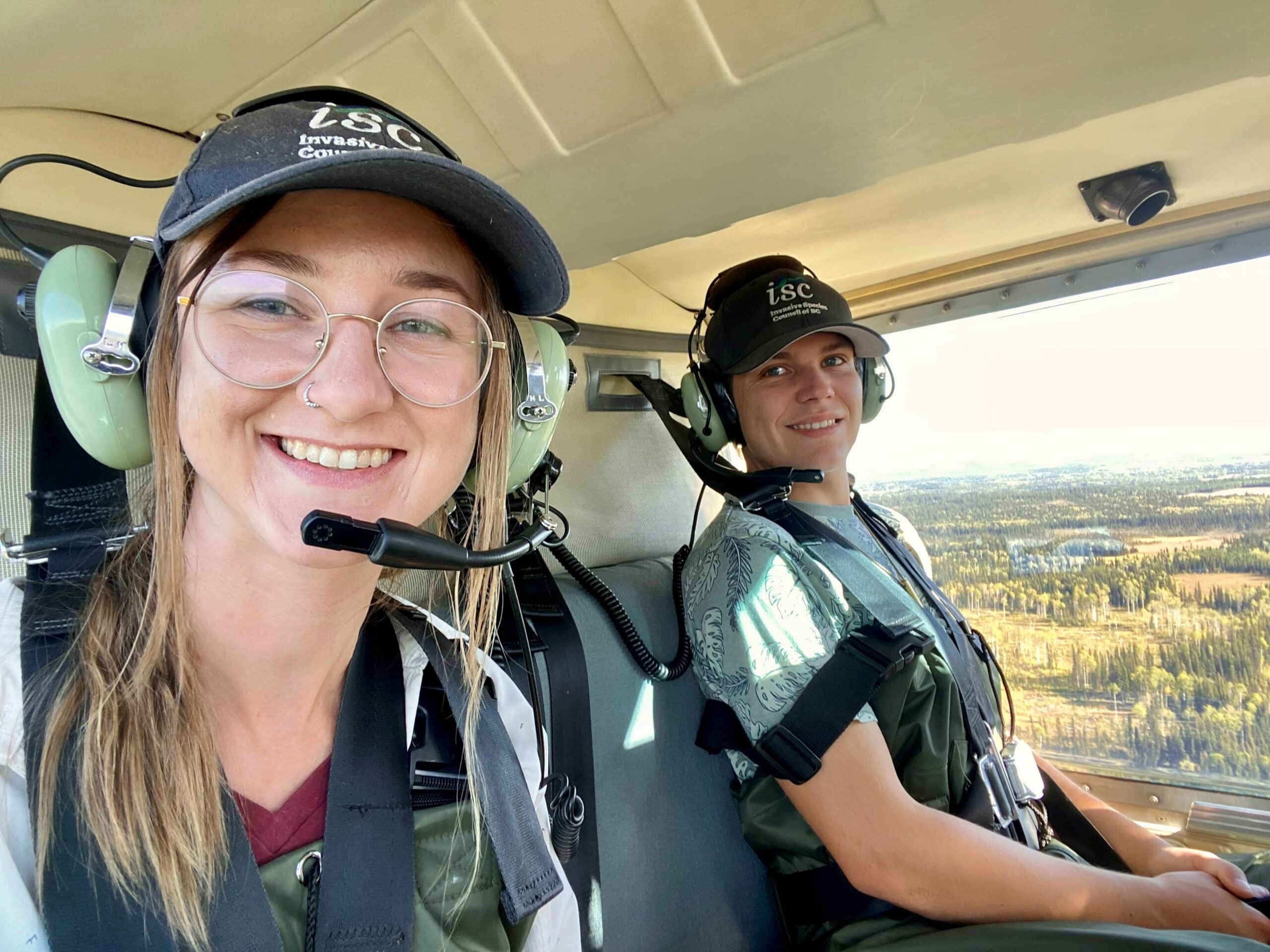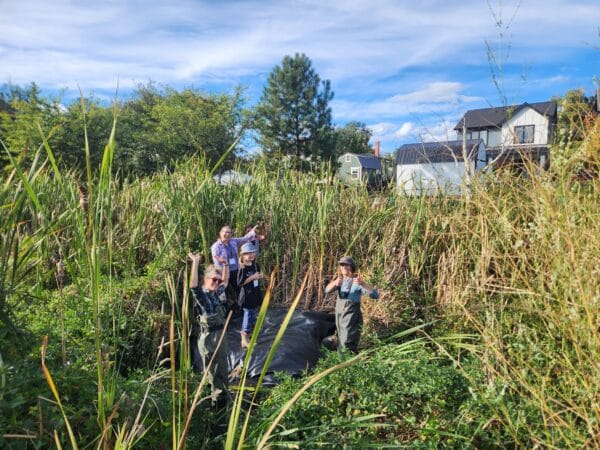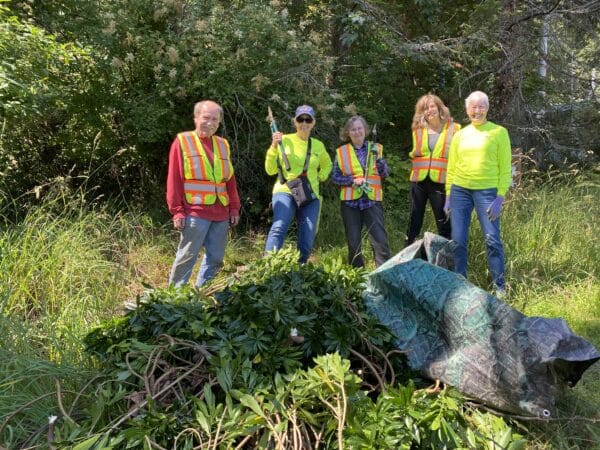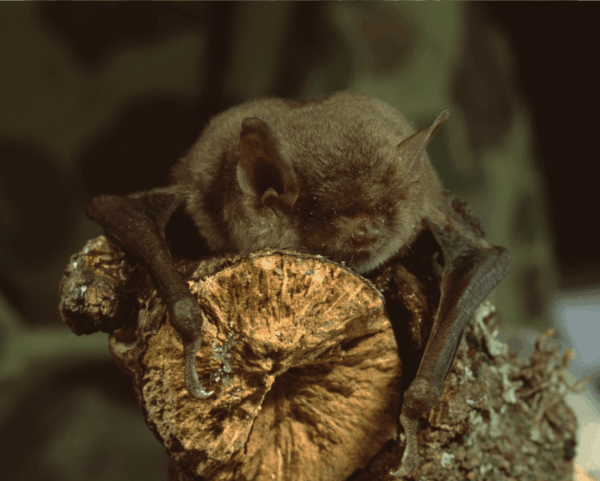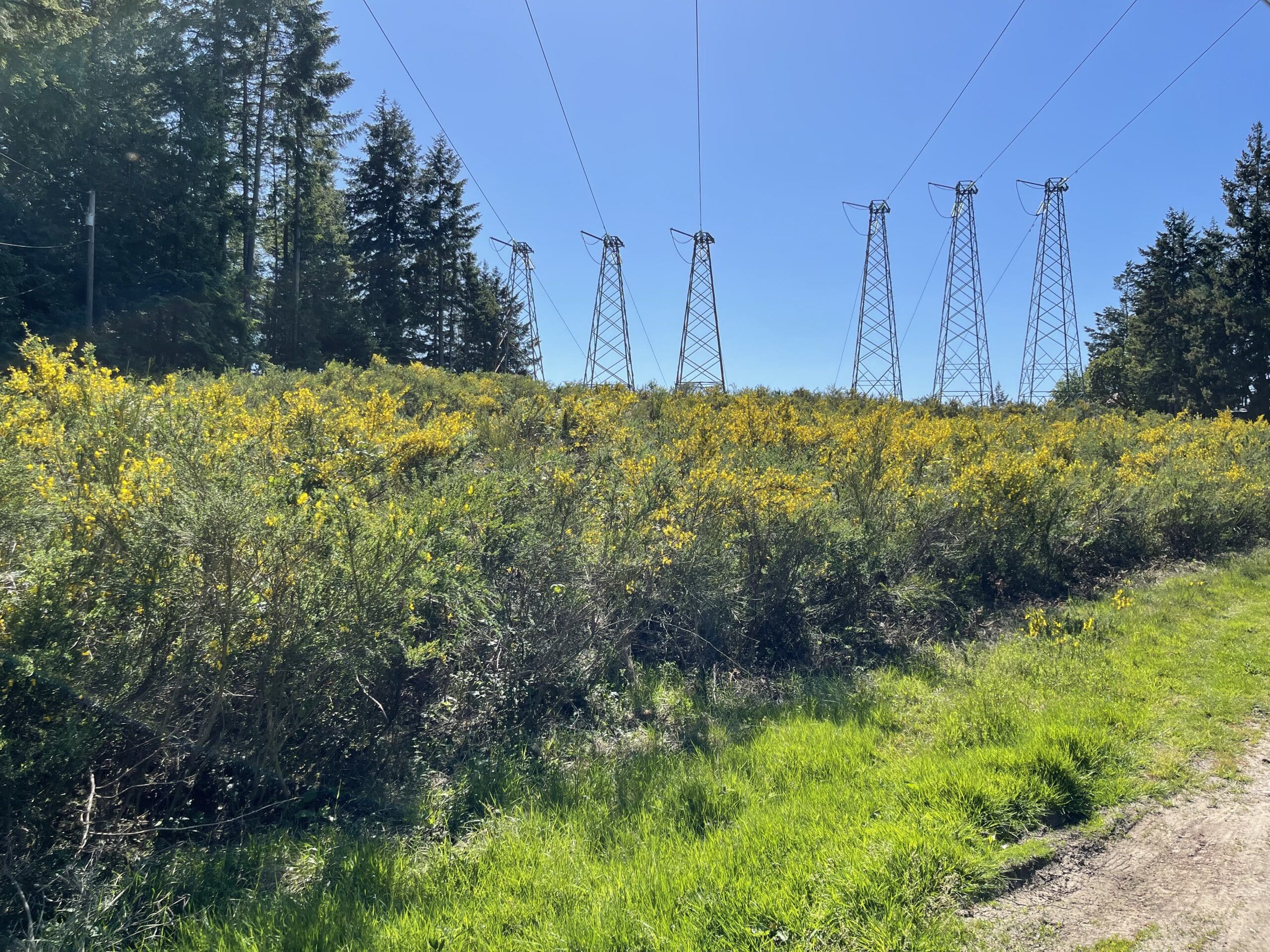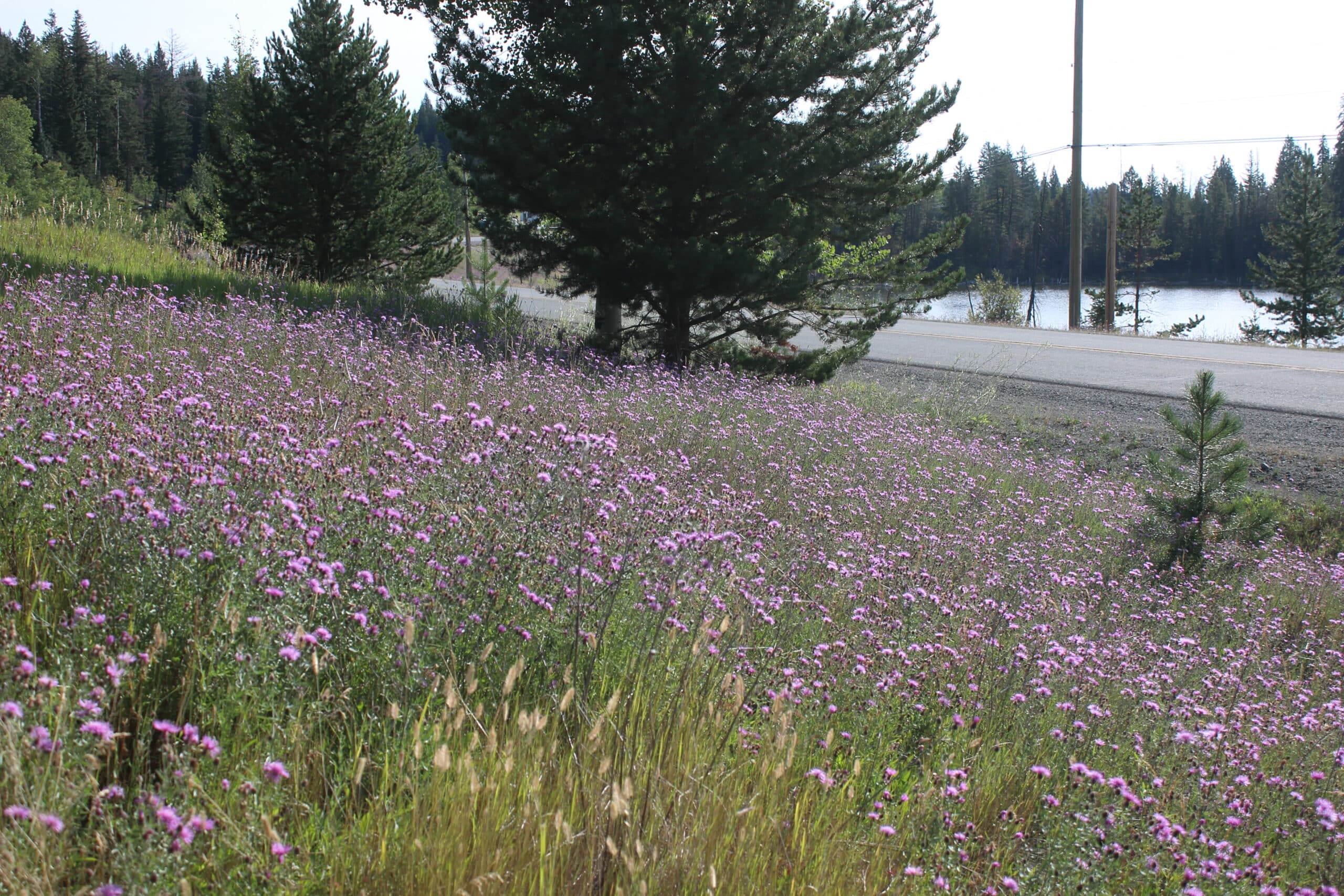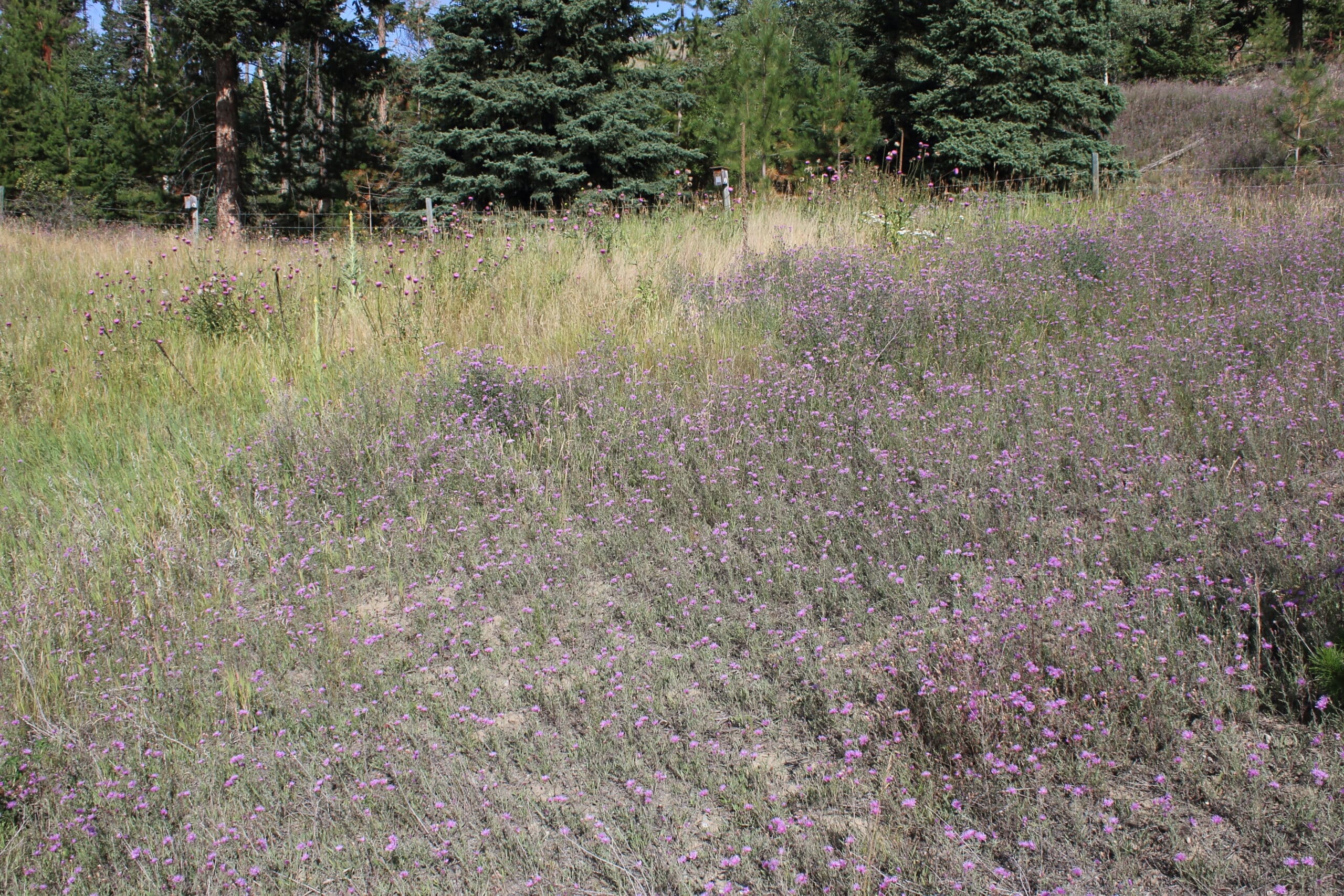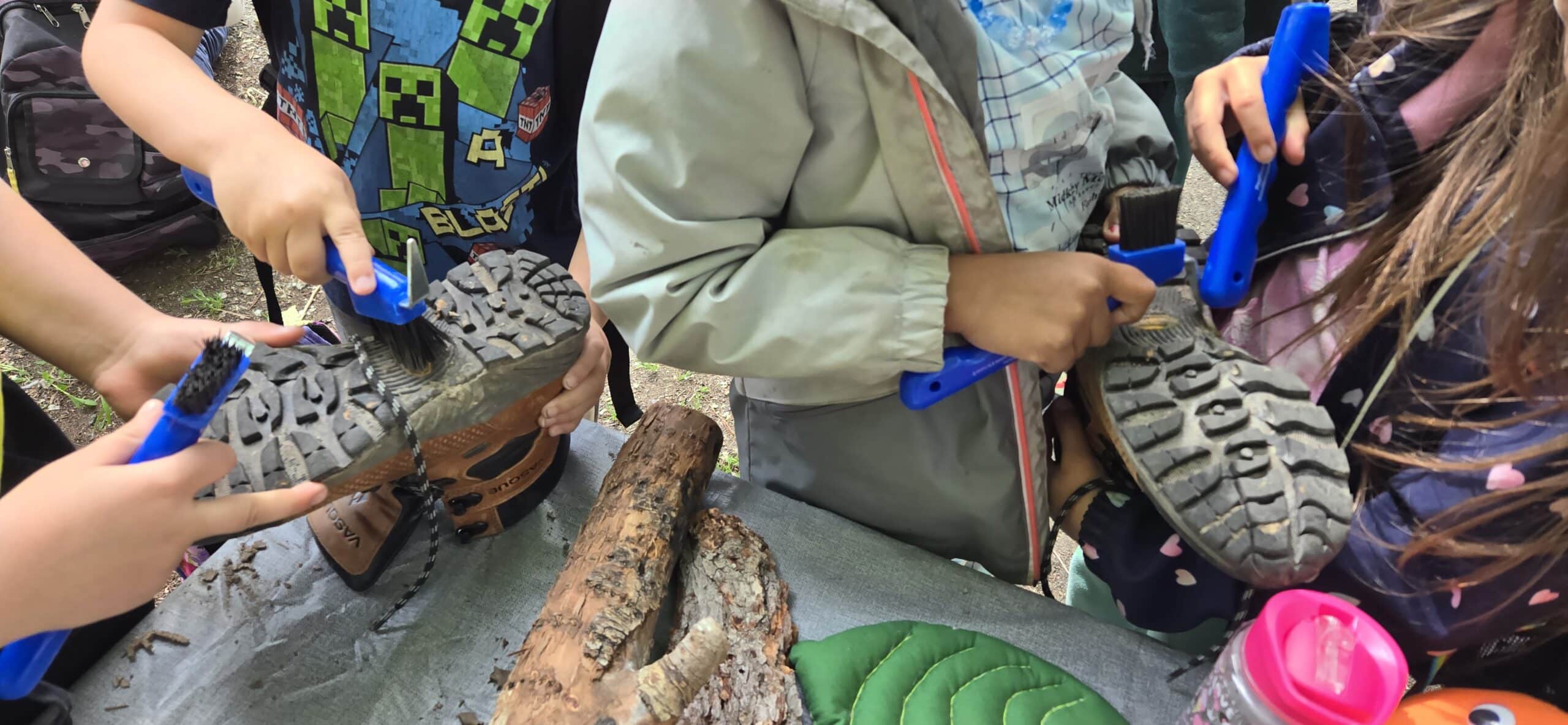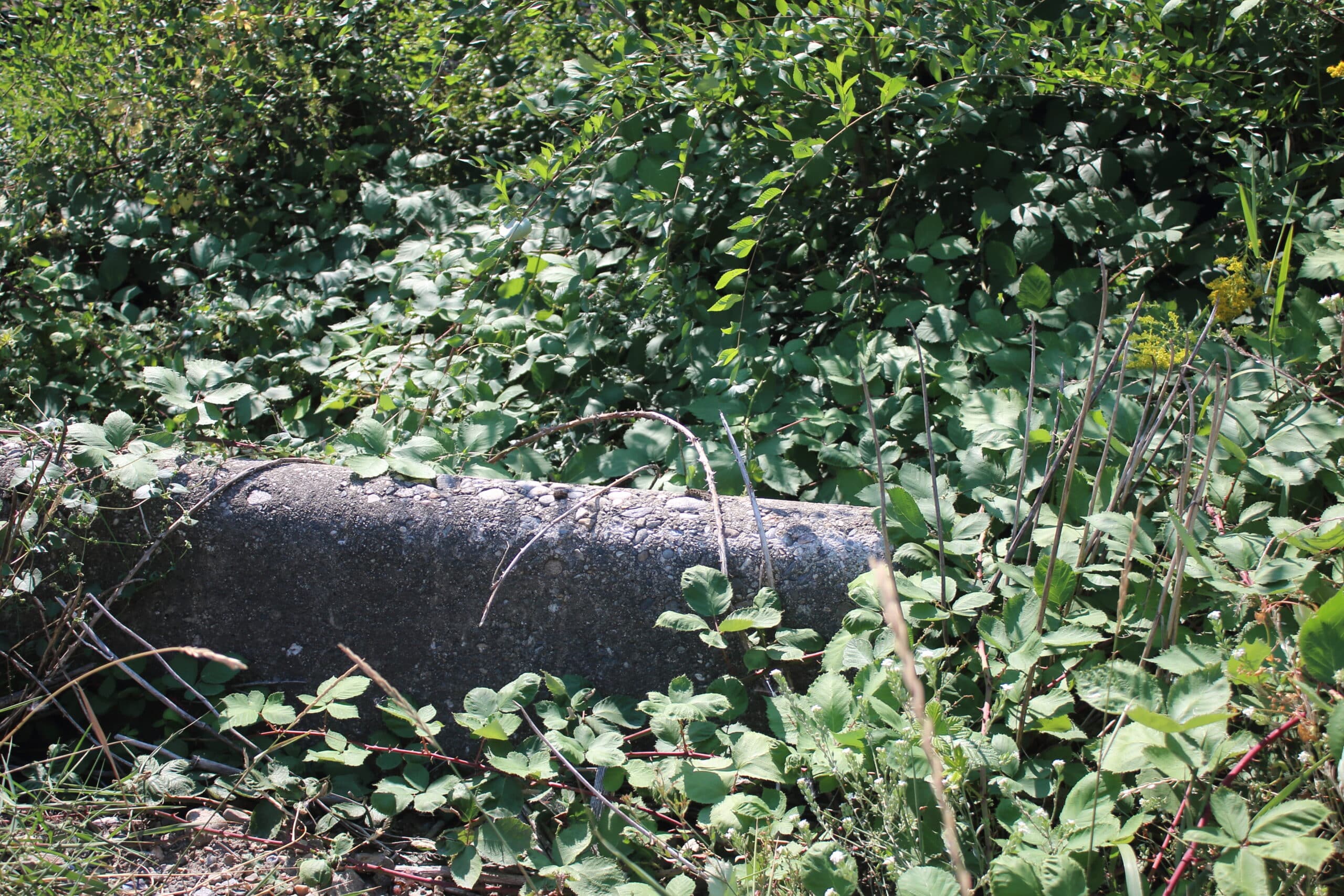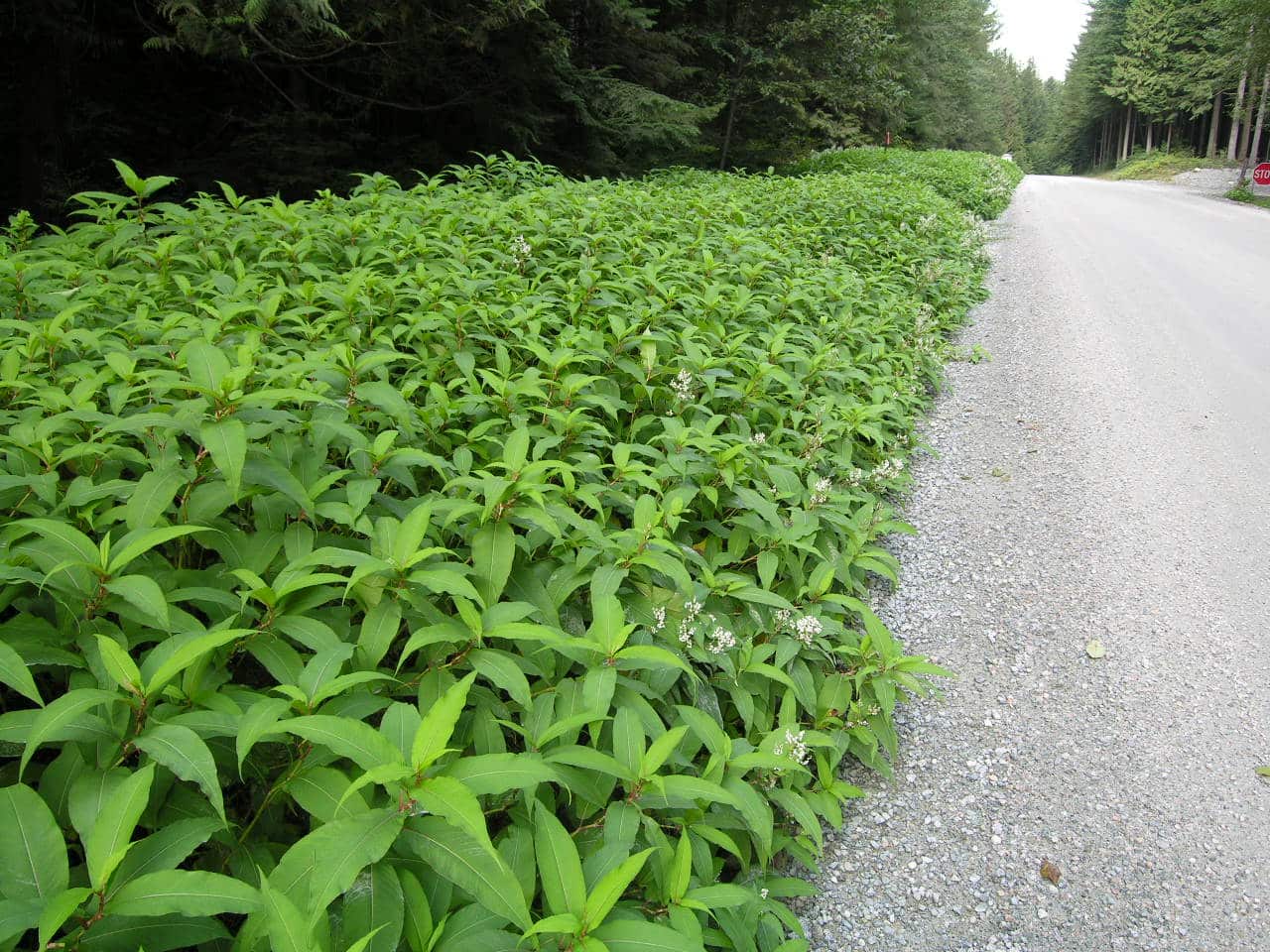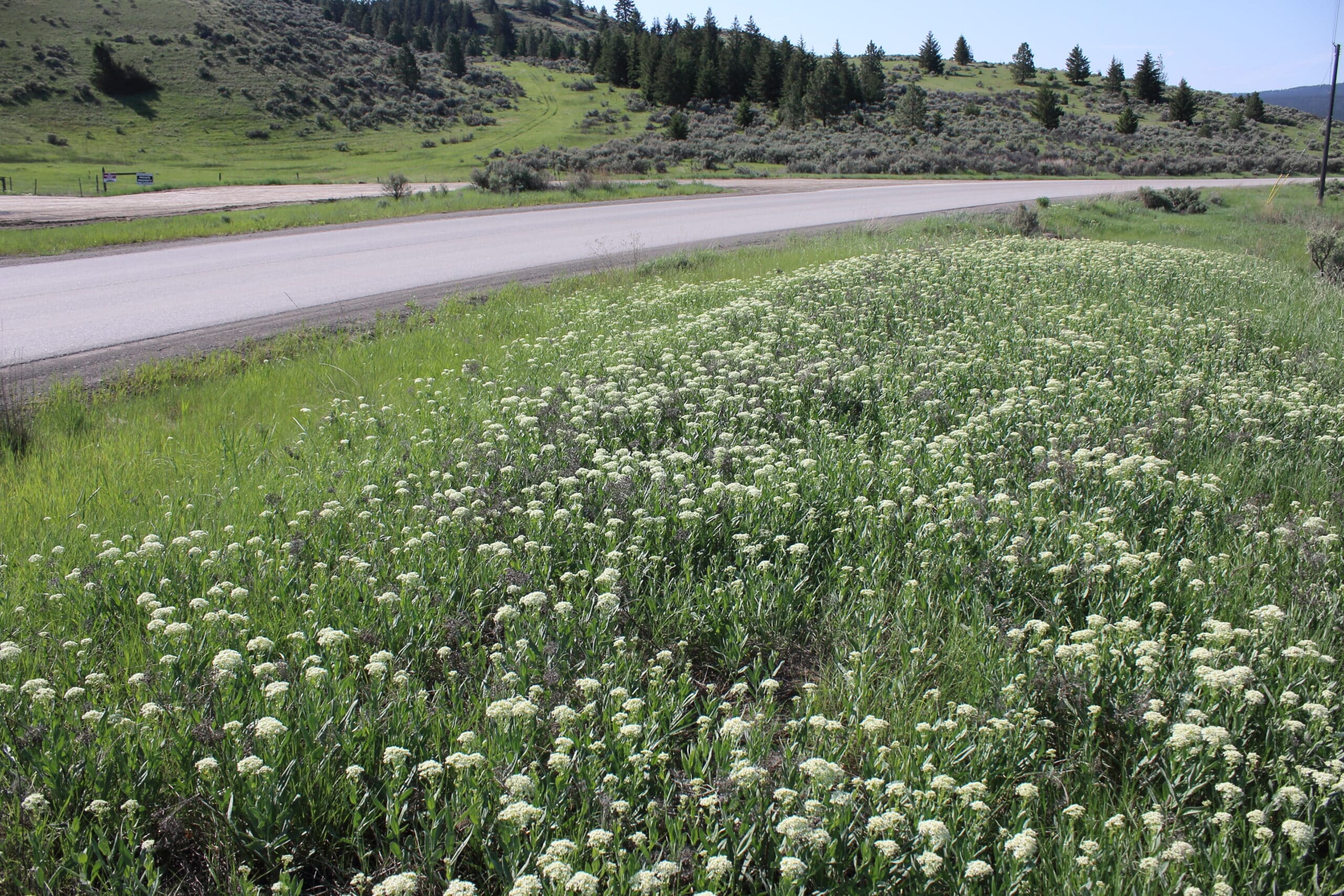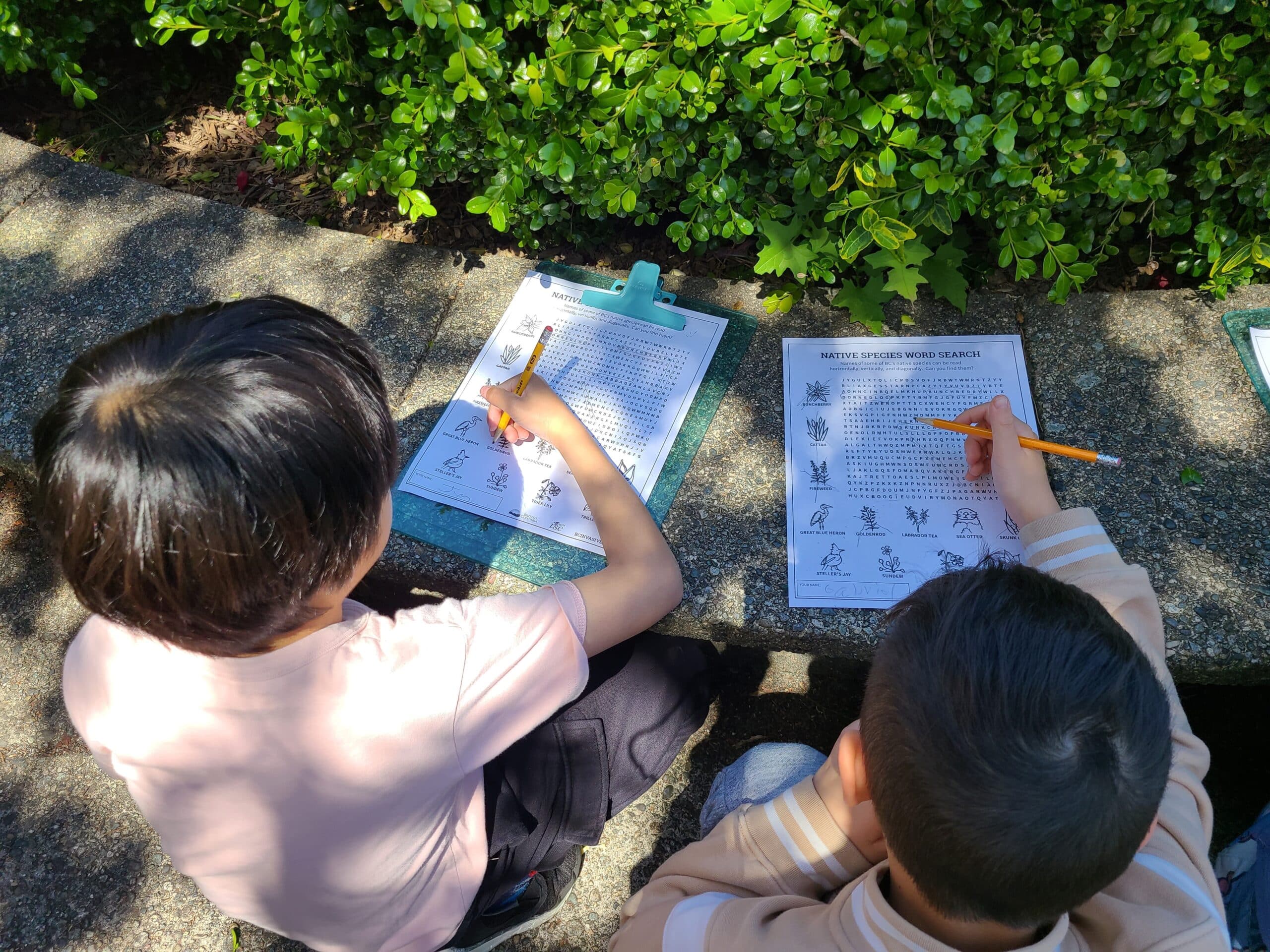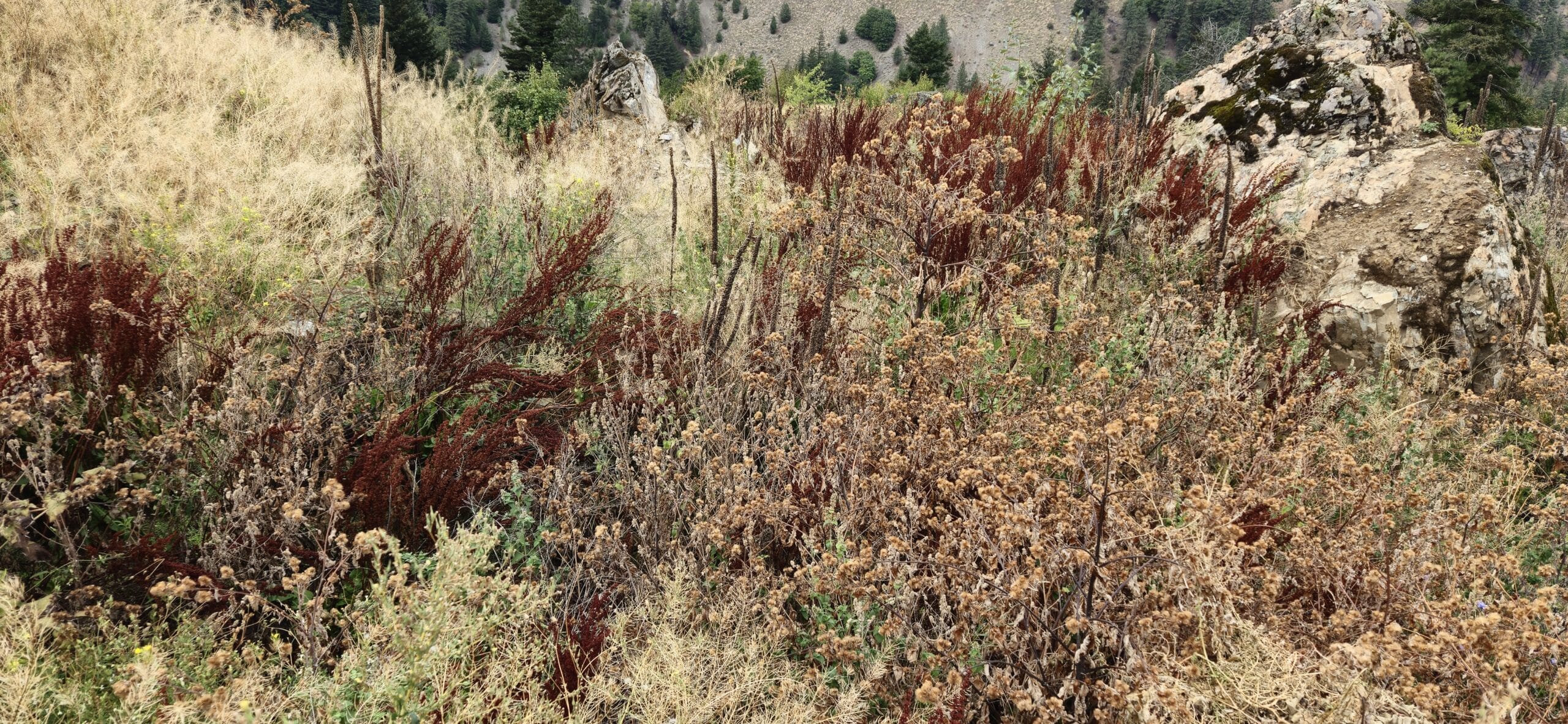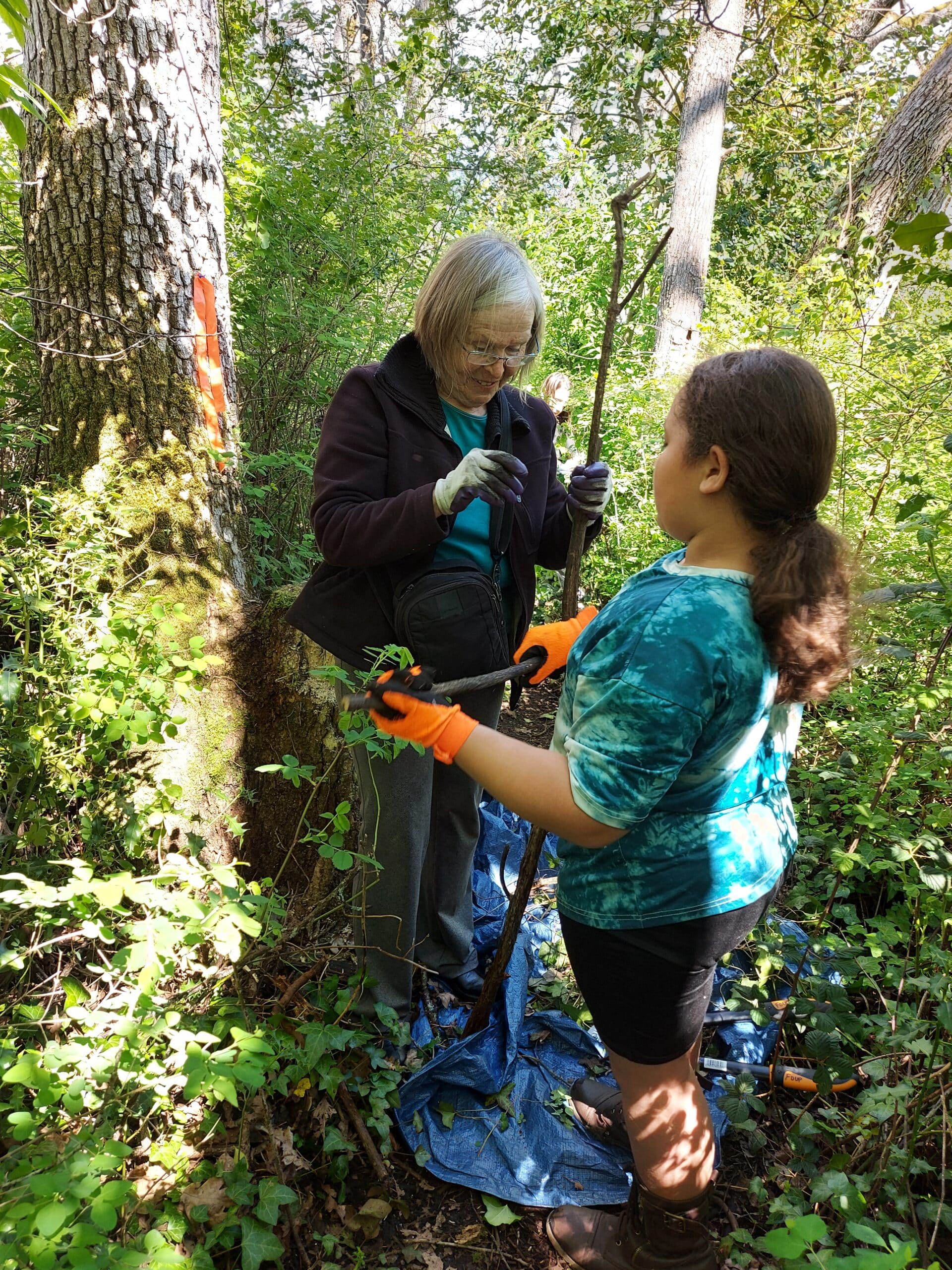By Lisa Houle | November 8, 2022
Monitoring for invasive Zebra and Quagga mussels (Dreissena polymorpha & Dreissena rostriformis bugensis) is taken very seriously in the province of BC – from mandatory boat inspection stations and mussel-sniffing dogs at critical highway points, to promoting the behaviour change program ‘Clean Drain Dry’ which encourages boaters and anglers to proactively reduce the spread of aquatic invasives. Provincial and federal agencies across Canada are on high alert for the presence of invasive mussels, to ensure they are kept out of BC waters.
Even with the best monitoring systems in place, an integral part of invasive species management is public reporting.
In September 2022, a concerned member of the public reported a possible Zebra mussel sighting at Horsefly River, approximately one kilometre from the mouth of Quesnel Lake in the Cariboo region of BC. Invasive mussels are known filter-feeders, efficiently feeding on plankton – an important food source for salmon and other native species. As Quesnel Lake is one of the critical water systems for salmon in BC, this report caused quite a stir.
The Williams Lake Detachment of Fisheries & Oceans Canada (DFO), immediately responded to the report. Colleagues at DFO, the BC Conservation Officer Service (COS) and Invasive Species Council of BC (ISCBC) were contacted for consultation and assistance. ISCBC’s Robyn Lakes (Quesnel Action Team Supervisor) and Nolan Dyck (Action Team member) were the closest team to the reported location. With previous experience sampling for Zebra and Quagga mussels, they were asked to join the multi-agency inspection to carry out monitoring and water sampling.
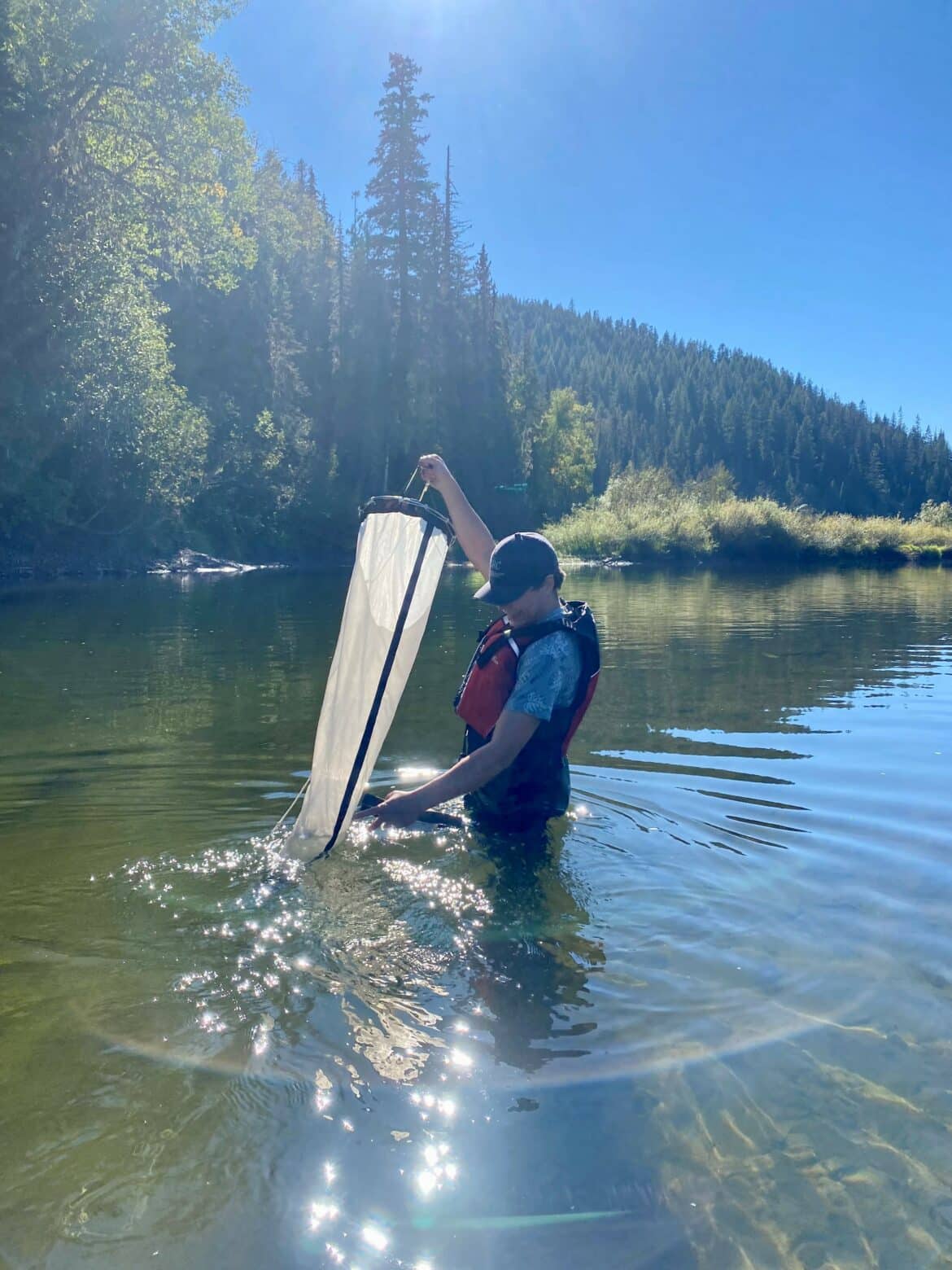
“We performed visual and tactile inspections, feeling the surfaces of rocks, sticks, et cetera in the water where Zebra mussels could be attached, and we took water samples using a plankton net to monitor for mussel veligers,” said Robyn, putting their recent ISCBC training and monitoring skills to good use. “We were trained this summer to monitor for mussels in designated lakes throughout the Cariboo as part of a province-wide invasive mussel monitoring program.”
Fortunately, the results of the inspection at Horsefly River played out in BC’s favour. The water samples were sent to a lab in Vancouver for analysis and the results all came back negative for Zebra mussels.
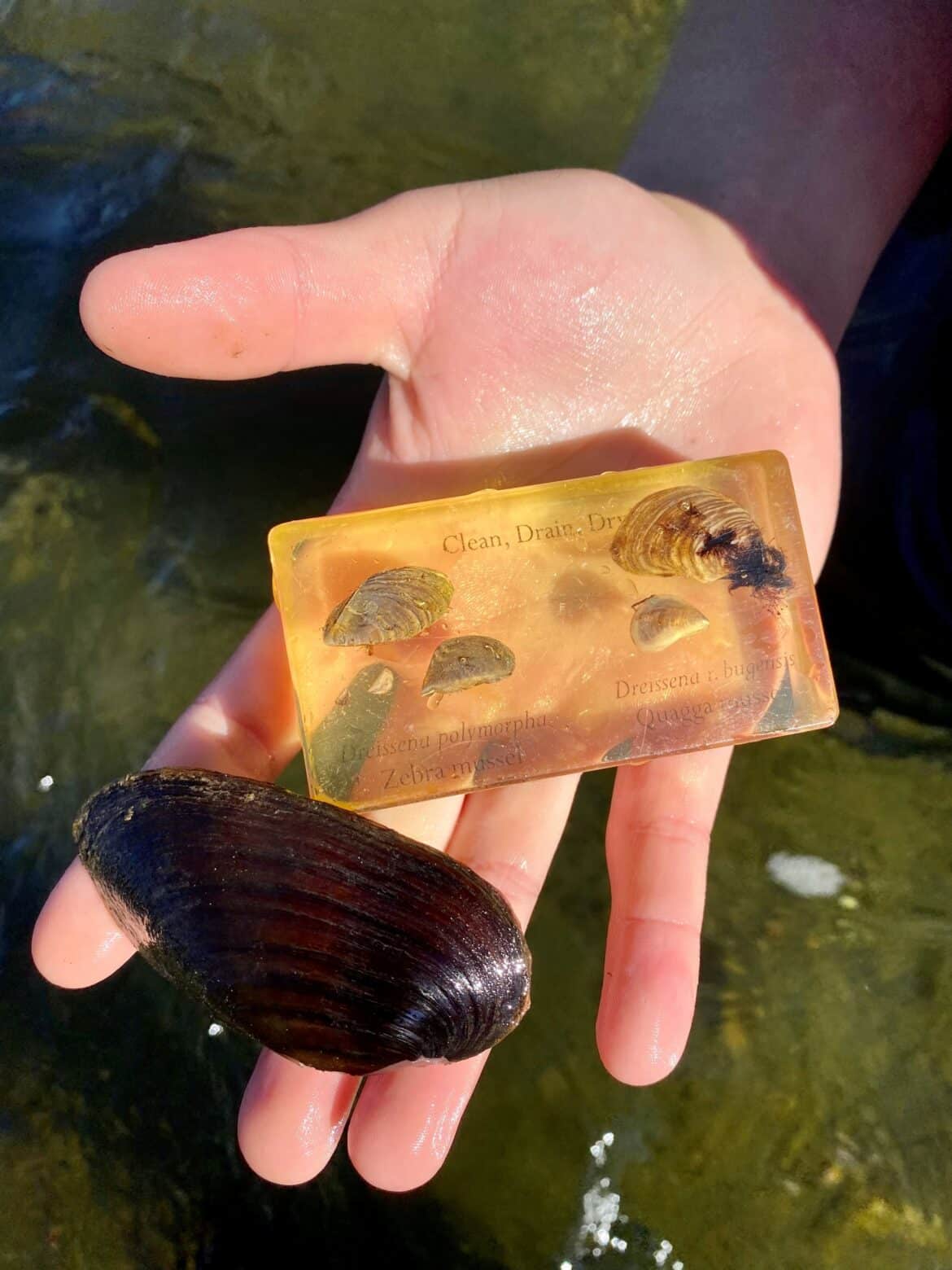
“We were very happy that we found no signs of invasive Zebra mussels. Instead, we found native Western pearl shell mussels,” said Robyn. “We learned firsthand the importance of reporting and how action is taken when a report does come in.”
Dr. Nick Wong, Manager of ISCBC’s Science and Research Team was also pleased with the results.
“Invasive mussels have the potential to cause devastating and irreparable damage if they end up in our waterways,” said Nick. “Even though the report came back with a negative result, this highlights the important role that citizens play in reporting concerns. That’s one more tool in our belt to keep Zebra and Quagga mussels out of BC.”
BC has had some close calls with invasive mussels. Notably, in July 2022 a barge infested with Zebra mussels was intercepted and decontaminated by BC’s Conservation Officer Service before it arrived at its destination in the Lower Mainland. In 2021 aquarium owners in BC were alerted to the presence of Zebra mussels found in moss balls originating from Washington state.
Suspected sightings of zebra and quagga mussels – or other aquatic invasive species, such as Conrad’s false mussel, should be reported to the BC government using one of the following methods:
- the provincial RAPP hotline at 1-877-952-7277
- The “IAS Report Invasives” BC app
- An online reporting form, on the Government of BC website.
Find out more about aquatic invasive species in BC – take a 20-minute learning break with our new courses for free: Priority Marine Invasive Species and Priority Freshwater Invasive Species.
Lisa is a Communications and Outreach Coordinator at ISCBC. She values a diverse environment and connecting with others about environmental protection. In her spare time Lisa enjoys spending time at the ocean and beach combing for sea glass. You can reach Lisa at lhoule@bcinvasives.ca
Share


